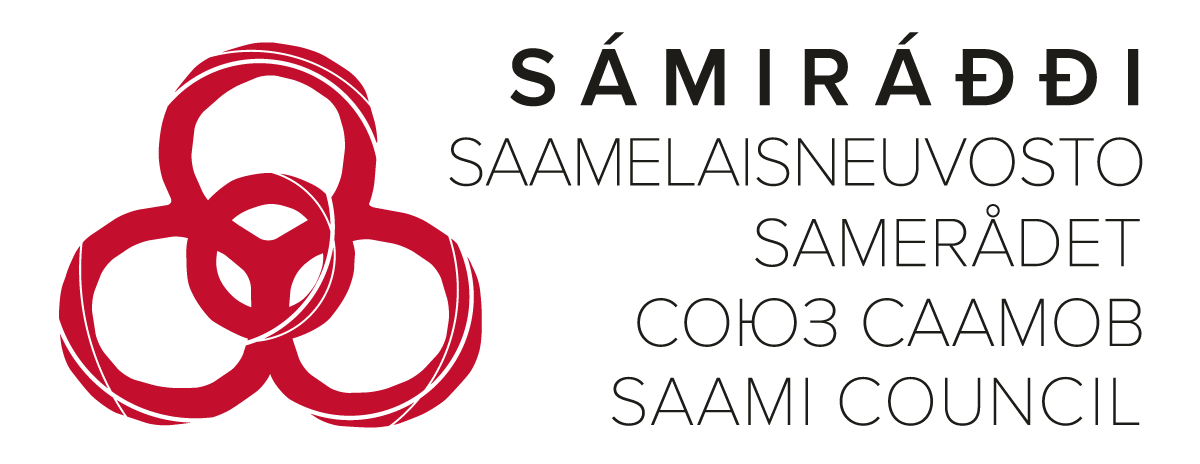Climate Change in Sápmi
In collaboration with the Sámi Parliament in Norway, the Saami Council has produced a report on climate change in Sápmi.
In collaboration with the Sámi Parliament in Norway, the Saami Council has produced a report on climate change in Sápmi which aims to provide an overview of climate change and its effects on Sámi culture, livelihoods and society. The report is a compilation of existing research and knowledge and observations from Sámi knowledge holders. It consists of six chapters which paints a picture of some observed and projected climate and environmental changes - globally, in the Arctic and in Sápmi and also provides some recommendations for a way forward.
Saami Council hopes that this report will increase knowledge about climate change and related impacts in a Sámi context, and that it can be the start of more comprehensive work on the impacts of climate change in Sápmi and the Sámi people.
“We want to express our strongest gratitude to all Sámi knowledge holders that have taken their time to share their thoughts, experiences and observations from climate change and related impacts, and how this impacts them in their life.”
Findings
Climate change impacts in the Arctic are occurring at a magnitude and pace unprecedented in recent history, and much faster than projected for other regions of the world.
Climate change in Sápmi is estimated to have far-reaching consequences for nature, ecosystems and their composition, and thus for the entire Sámi cultural landscape. As we, the Sámi people, have a strong connection to the land through our cultural practices, traditions and livelihoods, changes in environmental conditions have a direct impact on our society.
In an Arctic context, climate change has negatively affected mental health and well-being, and increased the risk of injuries, food insecurity and food-borne and water-borne diseases. Food security in particular is a concern for Arctic Indigenous Peoples who depend on the environment for subsistence, livelihood and identity.
Research and testimonies from Sámi knowledge holders show that Sámi culture has already had to adapt to the ongoing change and adjusted activities and cultural practices due to for example unsafe ice and snow conditions, new seasonal weather conditions, and changes in species distribution and abundance.
Climate change in Sápmi has increased the risk of hazards and injuries but also food insecurity and disease associated with e.g. changed diet.
Climate change has had a negative impact on mental health and well-being. Climate change combined with other pressures has led to increased stress, anxiety, worry and depression. Physical and psychological stress has emerged as a growing concern for reindeer herders and their families. However, it is not known how people who are active in other Sámi livelihoods and cultural activities who face similar stressors react.
There is a large knowledge gap and a critical need for a greater focus on health and well-being in relation to climate change and changed environments in Sápmi, from a broader perspective.
Climate change impacts on ecosystems and biodiversity are projected to have further consequences for species abundance and distribution, risking severe impacts on Sámi culture, livelihoods, and subsistence activities and with direct impacts on our food security. To meet and to respond to fundamental changes and risks, we find that new, cross-disciplinary measures and strategies for adaptation will be required to minimize and alleviate negative impacts on life, culture, and well-being. Meeting the projected challenges will require targeted and coordinated action from Sámi organizations and representative institutions, and national governments, at all levels. Enabling factors needed include increased flexibility, strong Sámi institutions, and proper recognition and use of Sámi Indigenous Knowledge. This also entails greater knowledge production on how climate change impacts all aspects of Sámi society. Furthermore, there must be a recognition of climate action as a vital part of health policies, and health action as a vital part of climate policy. Other important parts of adaptation will be emergency preparedness, addressing the knowledge gaps on issues such as emerging food safety risks and the long-term impacts associated with the potential of cultural change. Overarching and fundamental for these actions is the full recognition of Sámi rights, self-determination, and partnership with the Sámi people.
The report is written in English and will be translated into northern Sámi and Norwegian.





